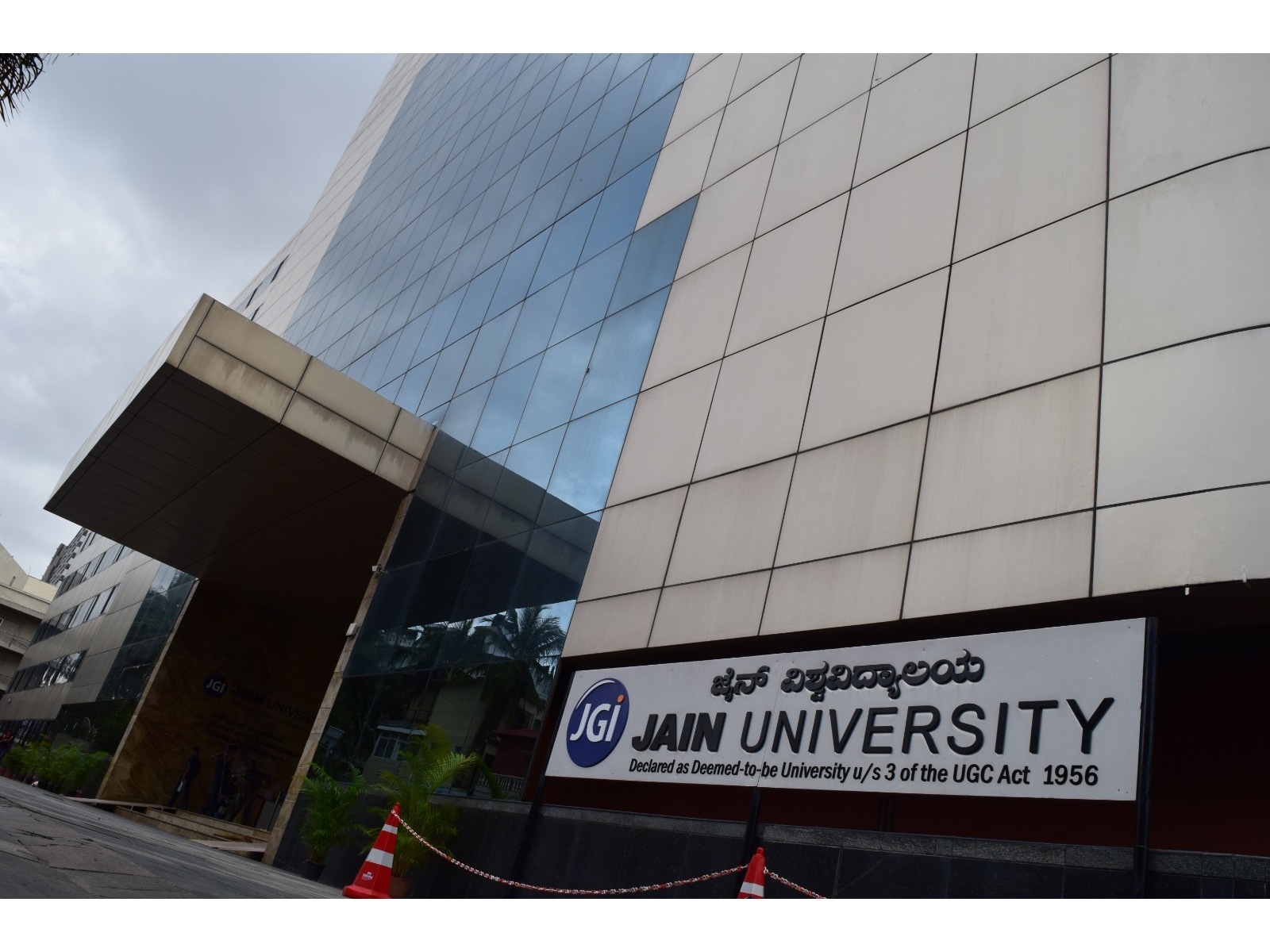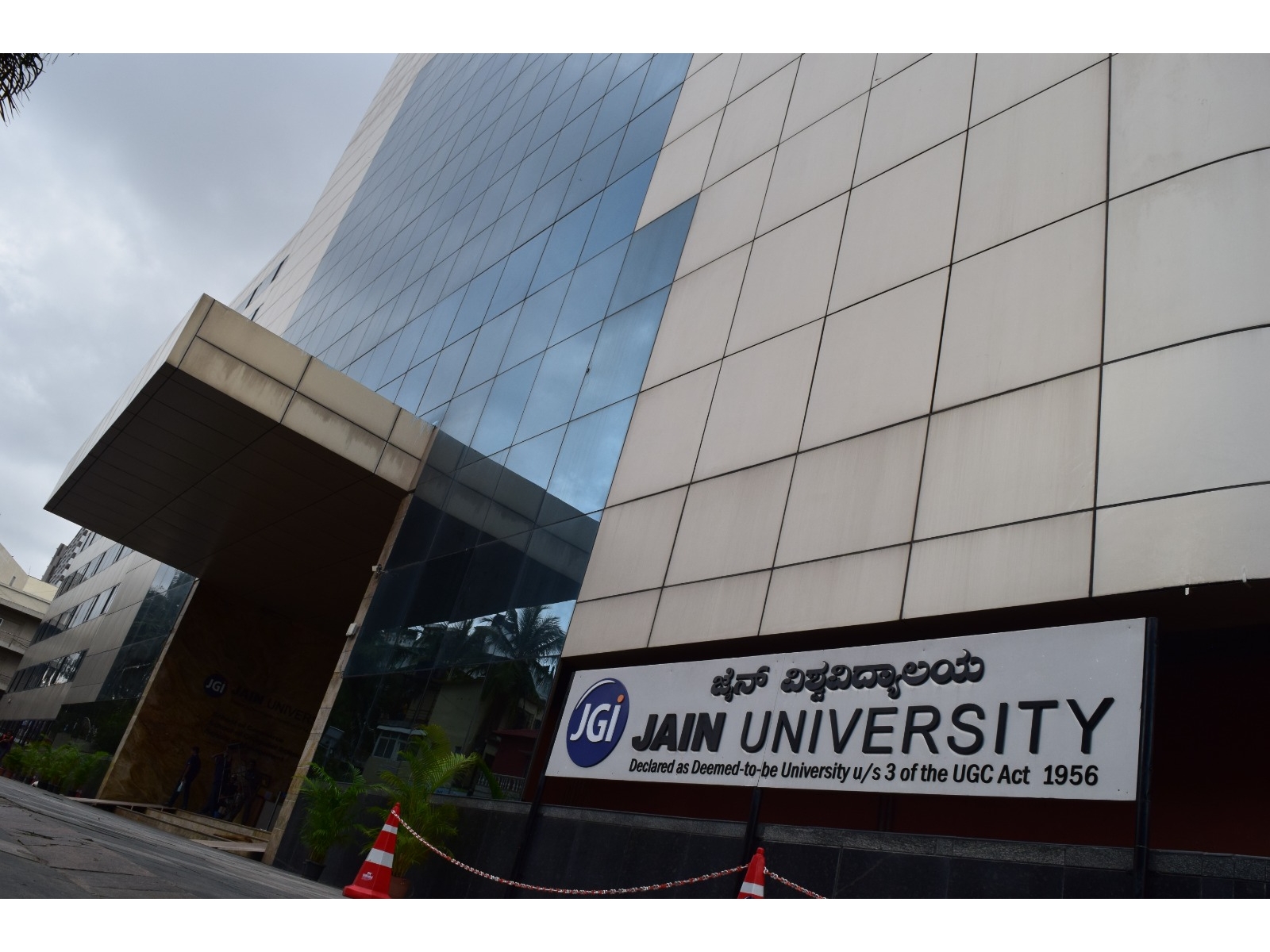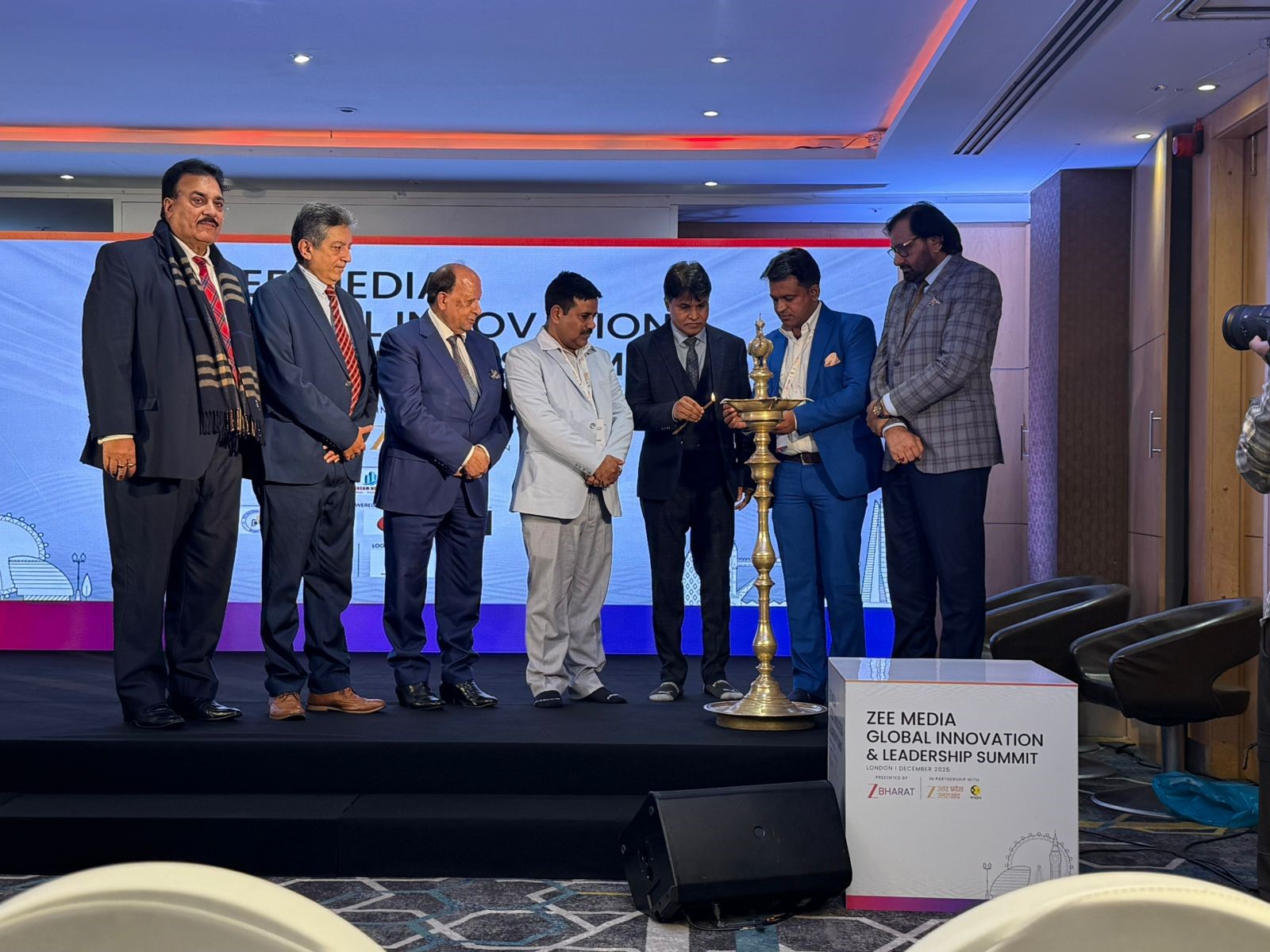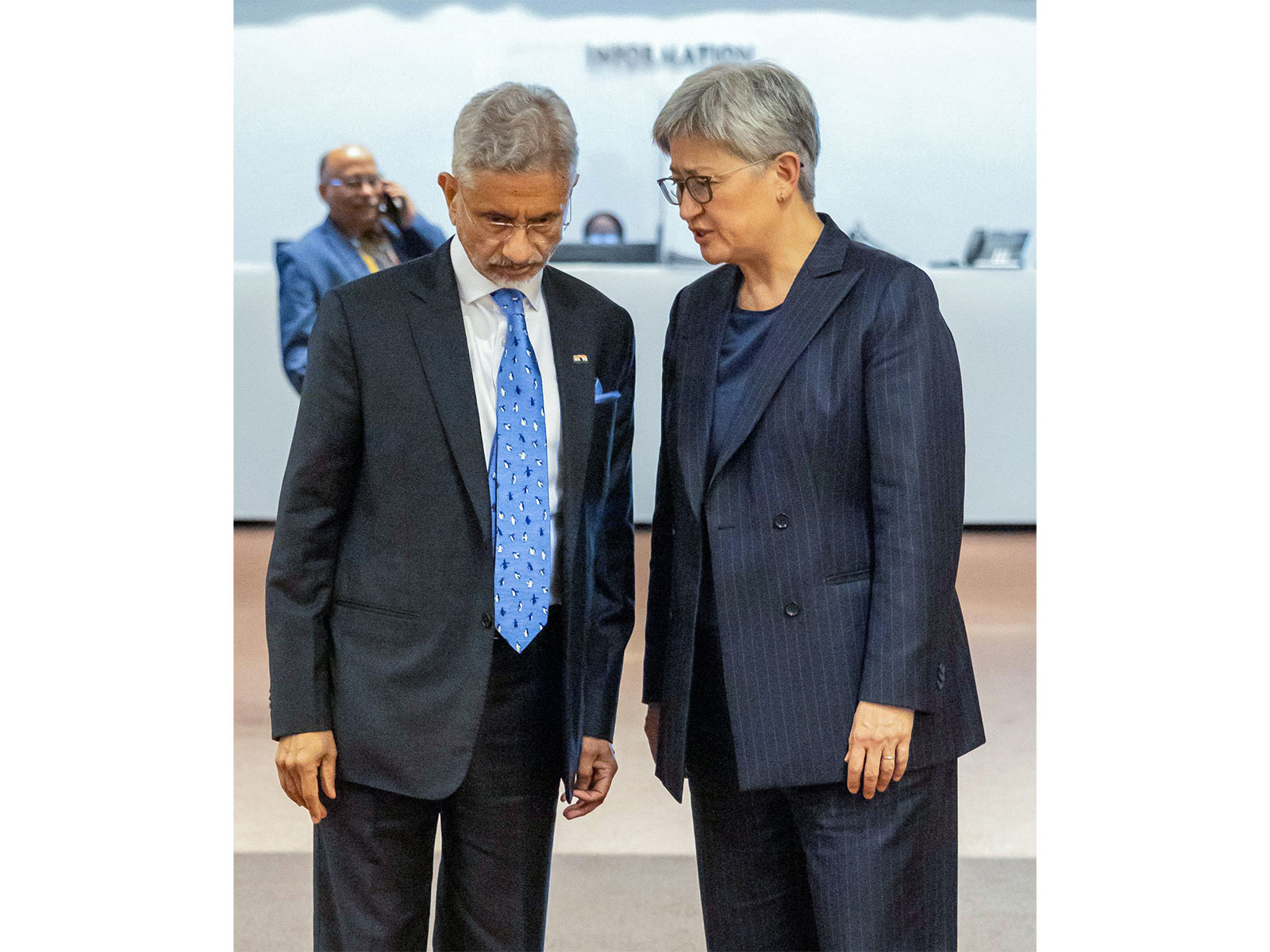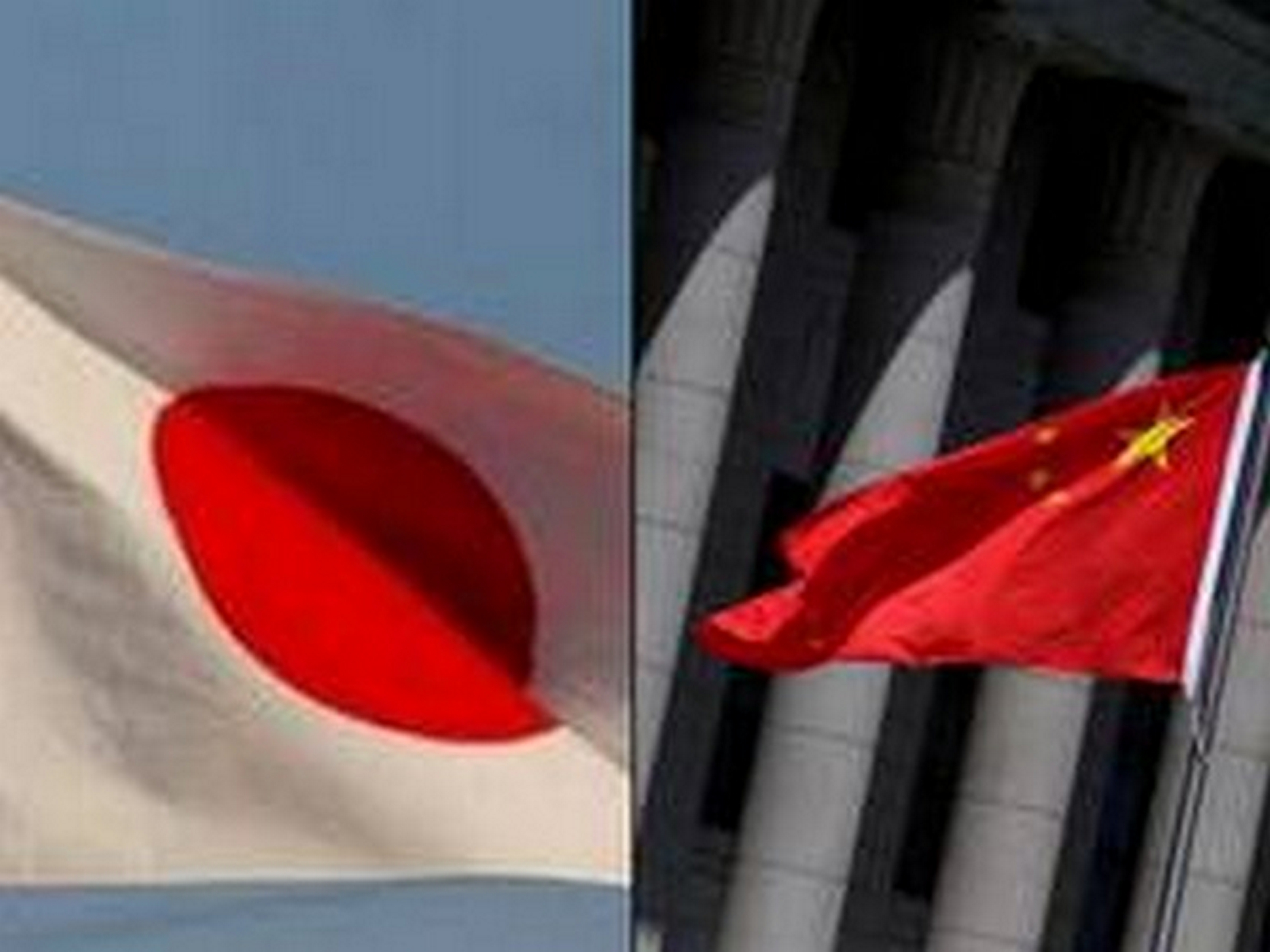Companies defer hiring schedule, reduce headcount budgets: KPMG
May 04, 2020

New Delhi [India], May 4 : Nearly 66 percent of Indian organisations have deferred or suspended their hiring schedule at different job levels while 30 percent have also reduced their headcount budgets, according to a recent survey by professional services firm KPMG.
Across job roles, except at non-management levels, most companies have opted to go ahead with freezing or suspending hiring. Sectors such as IT/ITES, life sciences/pharma, and consumer goods report very few organisations who have a suspended hiring schedule.
At the same time, 50 percent of companies have deferred or suspended their promotion schedule, show key findings of the survey titled "Cutting through crisis". A downward trend on promotion numbers across all job levels was observed wherein 33 percent of organisations admitted to having reduced it.
However, most organisations in IT/ITES, life sciences/pharma and retail sector have refrained from any downwards trend in overall promotion cycle
While 50 percent organisations across industries are keeping their salary increment budgets unchanged, around 36 percent organisations have opted for decreasing the salary increment budgets.
More than 40 per cent organisations in advisory, automobile, education, energy, oil and gas sector have opted to defer the increment cycle.
Majority of the organisations (80 per cent) across industries have not changed the health insurance benefits offered to employees. With the health of employees being the focus for all organisations, there was a positive trend observed in some sectors such as advisory (29 per cent) and consumer goods (30 per cent) who have reported an upward revision of health insurance entitlements across management and non-management levels
The survey findings said about 70 per cent of the organisations across levels have reported no change in the planned impact on fixed pay at the non-management and junior management levels. Around 50 per cent of the organisations are either looking at keeping the sales incentive unchanged or considering a downward revision across levels.
A large proportion of organisations (80 per cent) have not changed the leave policies offered to the employees.
If COVID-19 situation persists, around 22 per cent of the organisations may defer, freeze or suspend incentive payouts to support their overall finances.
On the brighter side, 90 per cent of the responding organisations have at least one initiative around the well-being of employees whereas 21 per cent are quite proactive and have five or more initiatives to support employee well-being.
While 68 per cent of the responding organisations admitted that they are mature to support remote working, only 48 per cent of the organisations are supporting their employees by providing laptops with secured connection to ensure smooth remote working.
Besides, 75 per cent of organisations have re-defined their communication strategy to increase engagement of employees, virtual team meetings (70 per cent) and briefing for employees by leadership (62 per cent) being the top two leading engagement practices.
The survey said organisations are redefining their talent strategies with higher focus been given to designing interventions to engage and retain critical, high potential and essential workforce.
The COVID-19 crisis has disrupted the business world with a radical impact cutting across industries, said Vishalli Dongrie, Partner and Head of People and Change Division at KPMG in India.
"Organisations need strategies for reimagining work and workforce landscape, new operating and governance models, evolving cultures and talent priorities, new roles and capabilities, new ways of measuring performance, and enabling areas such as transformative policy frameworks, strong technology infrastructure, employee well-being and effective leadership," Dongrie said.
